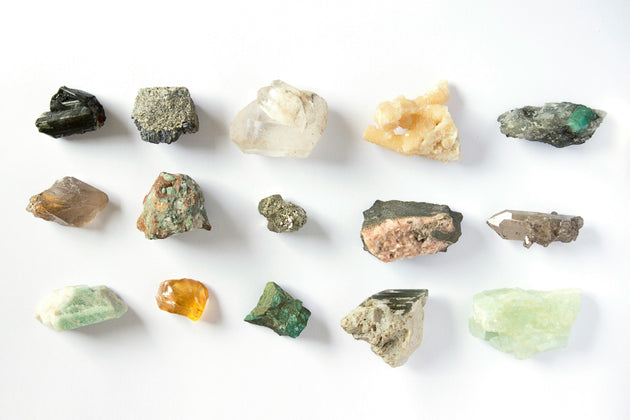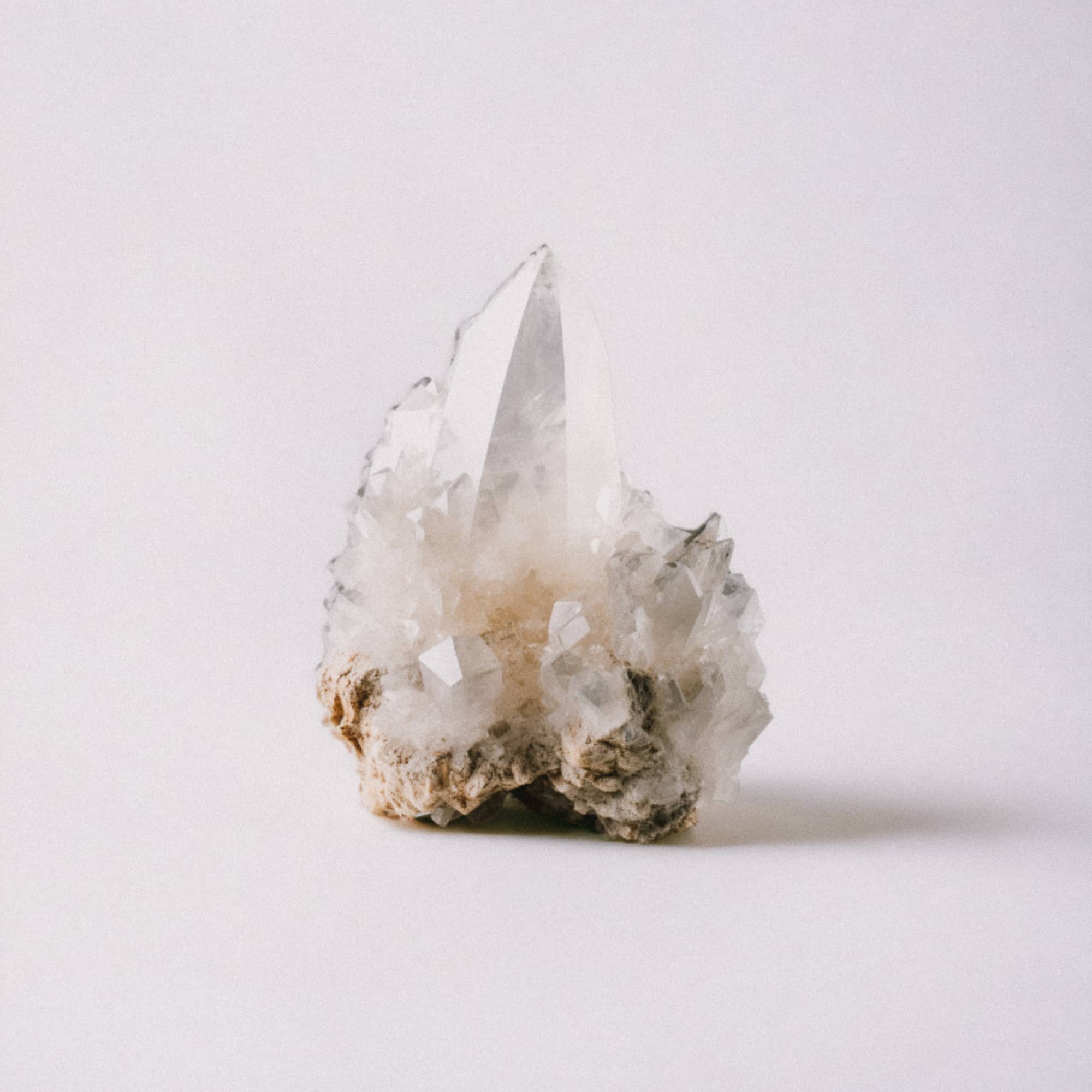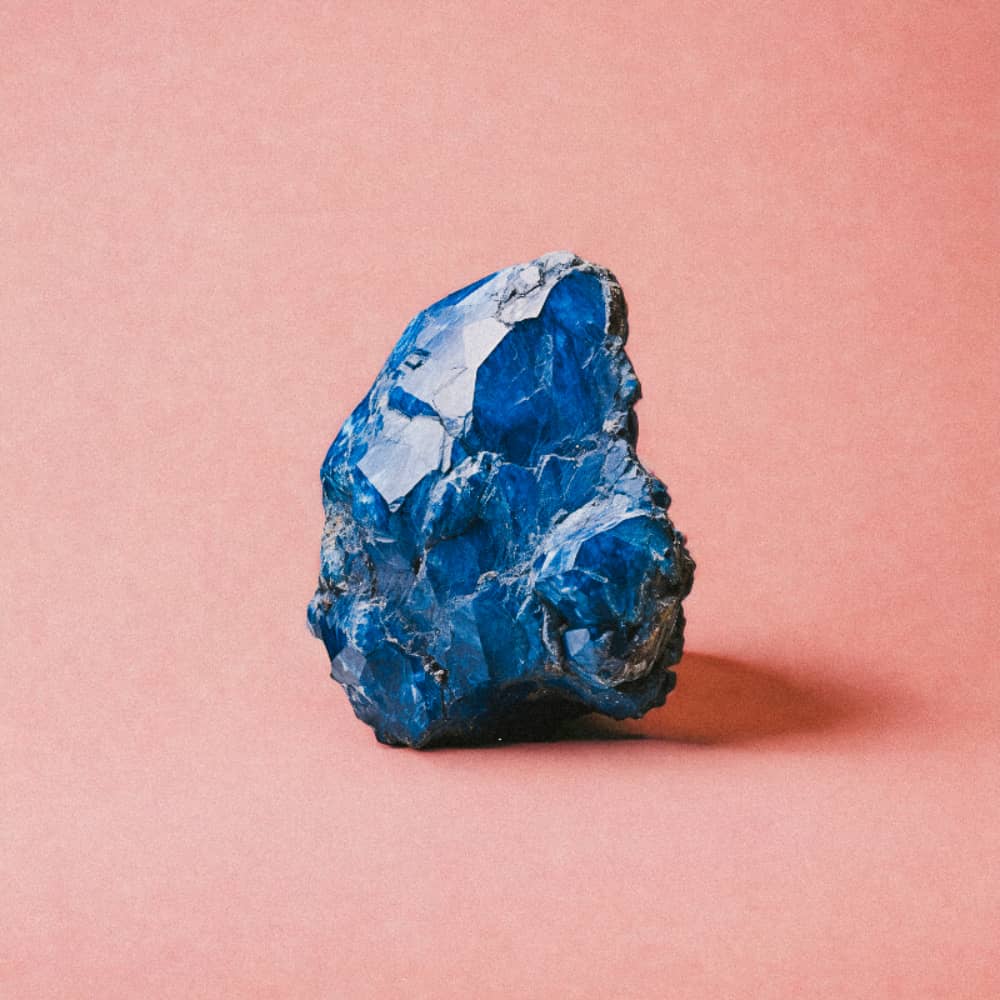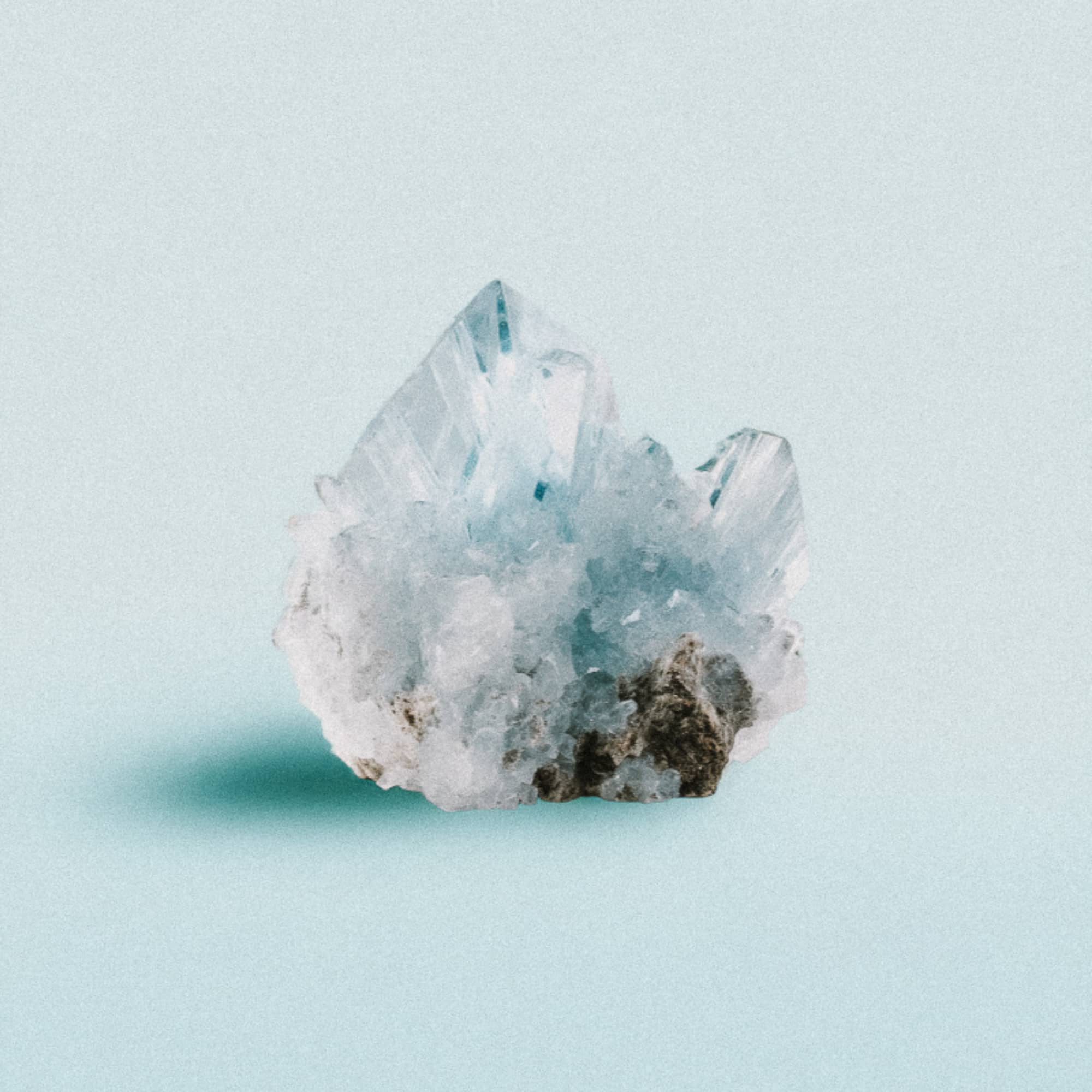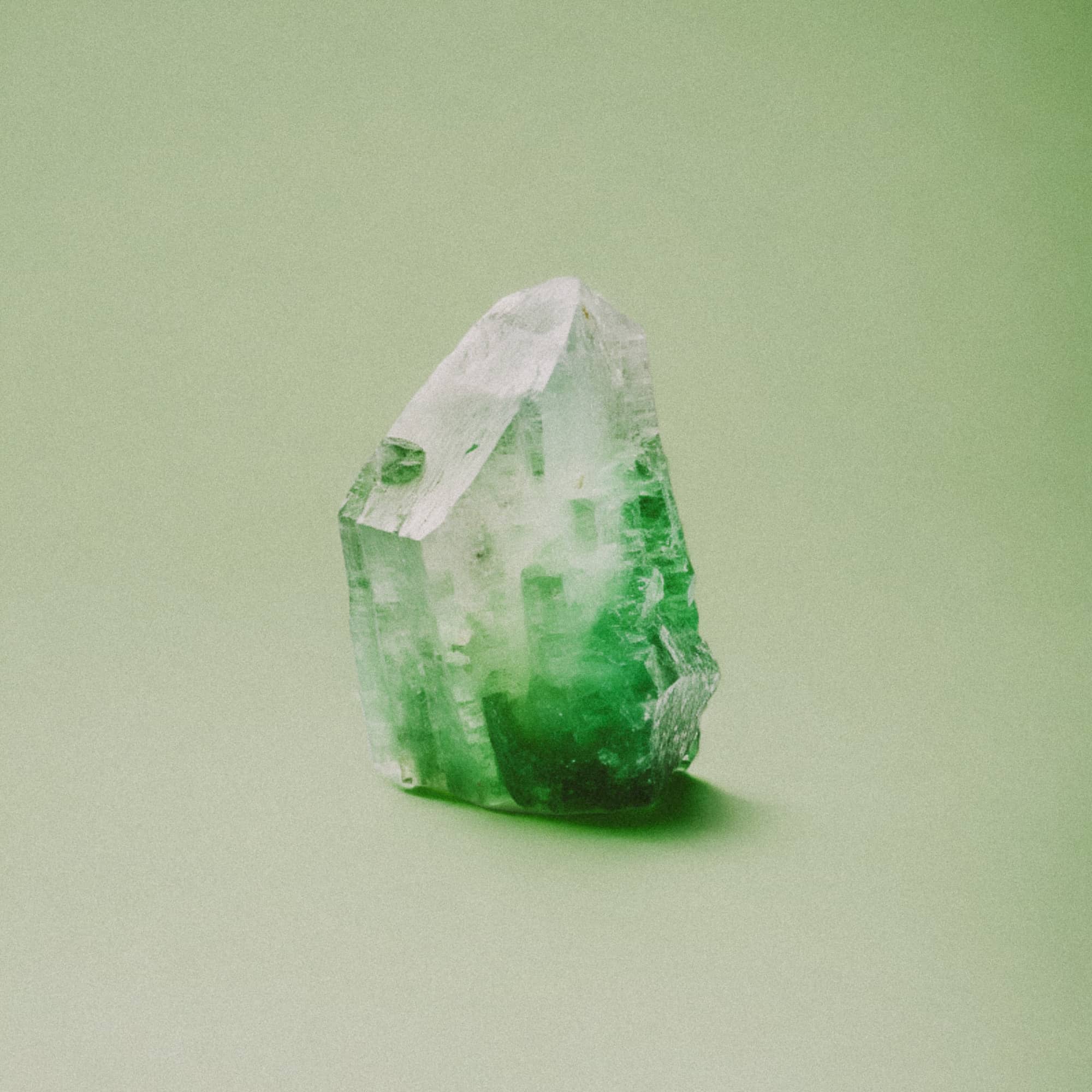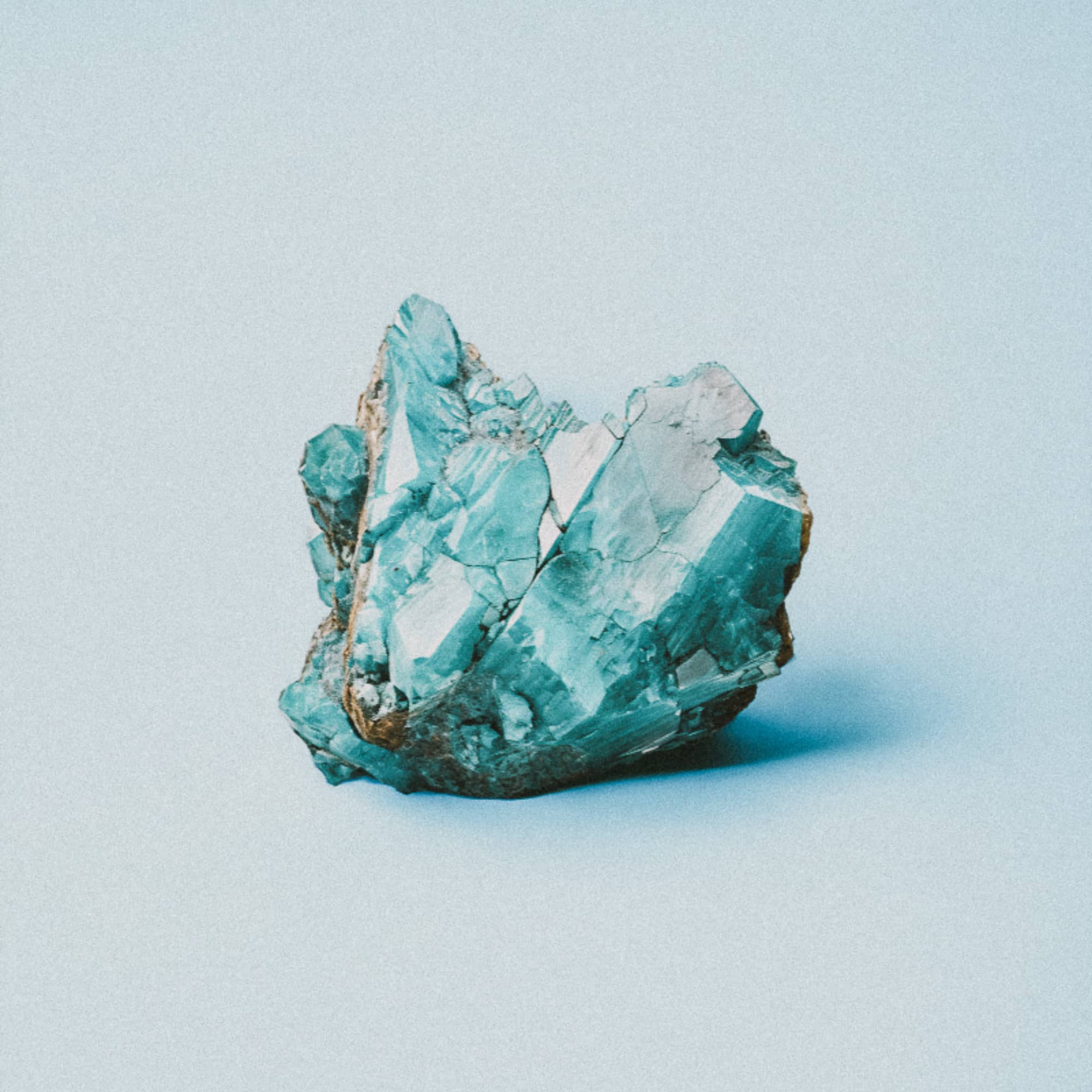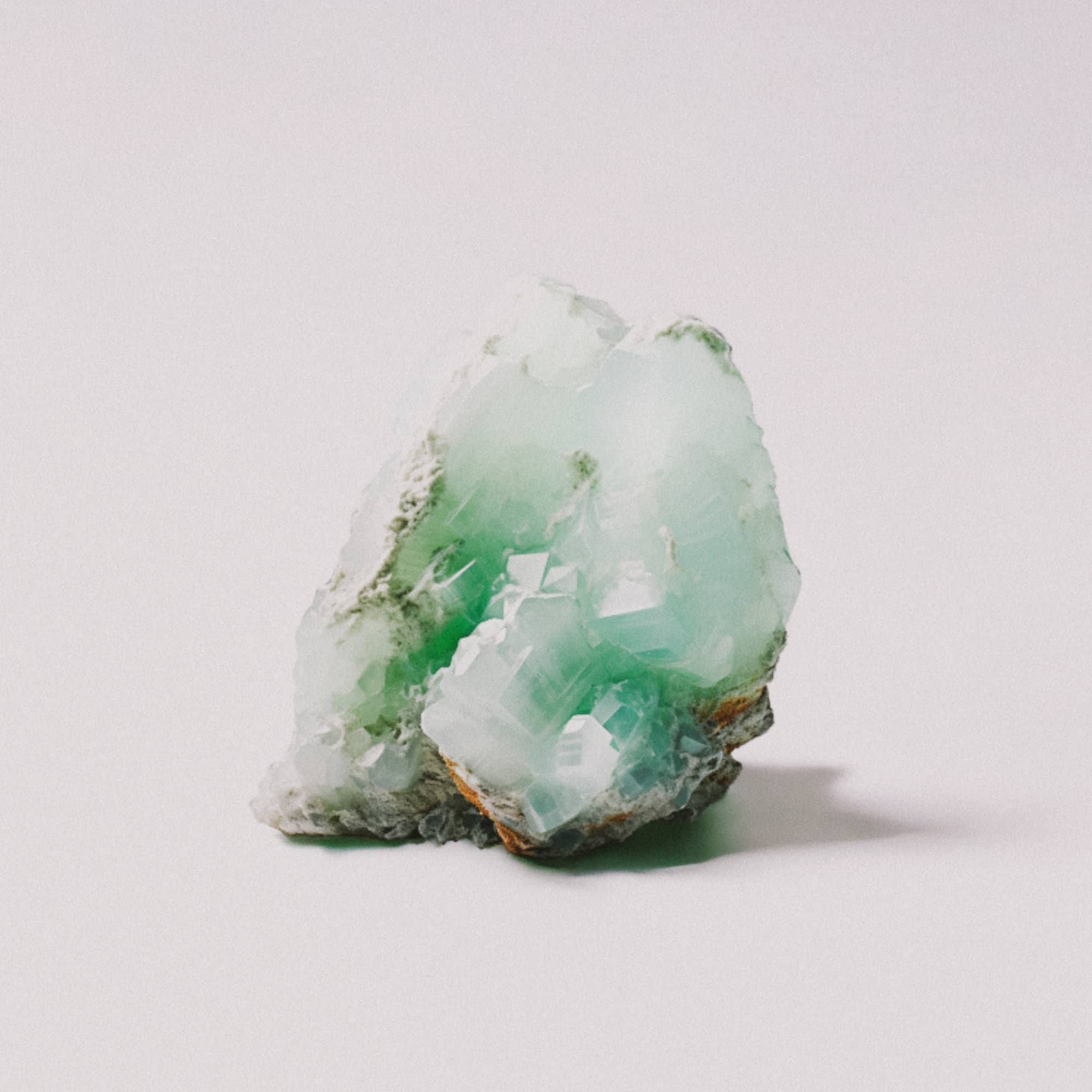History & Origins
Antiquity
Since ancient times, quartz has been used for its aesthetic qualities and supposed healing properties. The ancient Egyptians, for example, used clear quartz to create talismans and amulets, believing it could ward off evil spirits and disease. The Romans, meanwhile, used it to make seals, while pre-Columbian American civilizations valued it for its divination abilities.
The Middle Ages
In the Middle Ages, quartz continued to be a prized stone, as much for its decorative qualities as for its metaphysical attributes. It was commonly used in religious objects, such as crosses and reliquaries, to symbolize purity and spirituality.
Renaissance and beyond
With the advent of the Renaissance, quartz continued to grow in popularity. Advances in gem-cutting techniques enabled its natural beauty to be exploited to the full, leading to an increase in its use in jewelry and decorative objects. Later, in the industrial age, quartz found new applications in the manufacture of watches and other devices requiring precise components, thanks to its stability and constant frequency.
Spiritual meaning
Quartz has always had an important place in the spiritual and metaphysical realms. It is said to purify, harmonize and amplify energy. It is considered a "master healer" stone, capable of absorbing, storing, releasing and regulating energy. In modern spiritual practices, quartz is often used for chakra opening, meditation and communication with the divine.
Throughout the ages, quartz has captivated and inspired with its natural beauty and vast properties. From ancient times to the present day, it has been a constant companion to mankind, serving as a bridge between the material and spiritual worlds. Its presence in human history testifies to its universal importance and ability to enrich both heart and mind.
Origin
Quartz is one of the most abundant minerals on the planet, forming an essential component of the earth's crust. Its widespread presence means that it can be found almost anywhere in the world, although certain regions are particularly renowned for the exceptional quality and unique beauty of their quartz specimens.
Main deposits
Brazil
Brazil is one of the world's largest quartz producers, with prolific mines producing a wide variety of quartz, including clear quartz, rose quartz, smoky quartz and amethyst. The Minas Gerais region is particularly famous for its deposits.
Madagascar
Madagascar is renowned for its exceptionally clear quartz, as well as for its uniquely colored varieties, such as rose quartz and citrine.
Arkansas, USA
Arkansas is nicknamed "The Natural State" thanks in part to its abundant quartz deposits. The Hot Springs area is particularly famous for its high-quality clear quartz crystals.
Alps
The European Alps are famous for their spectacular quartz crystals, often found by "crystal seekers" in high-altitude alpine fissures. These crystals are highly prized for their quality and size.
Himalayas
The Himalayas, particularly in Nepal and Tibet, produce quartz of exceptional purity and beauty, with specimens often tinged by unique inclusions that add to their appeal.
Influence of Provenance on Properties
Although quartz is chemically identical whatever its provenance, the region of origin can influence certain physical characteristics, such as color, clarity and inclusions. For example, rose quartz from Brazil may have a different hue to that from Madagascar, due to the specific geological conditions in each region.
The diverse provenance of quartz around the world enriches the range of specimens available, offering a vast palette of choices for collectors, lithotherapy practitioners and gem lovers alike. Each piece of quartz carries with it the unique geological history of its region of origin, adding an extra layer of connection and meaning to this already fascinating stone.
Features
Quartz, thanks to its simple chemical composition and crystalline structure, has a range of physical and aesthetic characteristics that make it incredibly versatile and widely appreciated in many fields.
Composition and structure
Quartz is composed of silicon dioxide (SiO2) and belongs to the trigonal crystal system. This simple composition, combined with its crystalline structure, gives it a high hardness of 7 on the Mohs scale, making it scratch-resistant and suitable for a variety of uses, including jewelry.
Variety of colors
One of the most remarkable features of quartz is its wide range of colors. These can range from clear, almost transparent quartz to the deep black of morion. Other varieties include rose quartz, smoky quartz, amethyst (violet), citrine (yellow to orange), and aventurine (green). These colors are often the result of trace impurities or the presence of other minerals.
Clarity and inclusions
Quartz can be extremely clear, offering near-perfect transparency, or contain inclusions that create unique patterns and visual effects. Inclusions, such as air bubbles, crystals of other minerals or rutile filaments, can enhance the aesthetic value and collective interest of quartz.
Optical properties
Quartz is renowned for its remarkable optical properties, notably its ability to refract and disperse light, which can produce brilliant sparkles and sometimes internal rainbows. Some types of quartz, such as soul quartz or ghost quartz, feature internal growths that captivate the eye and the imagination.
Phenomenal varieties
Some varieties of quartz exhibit special optical phenomena, such as the shimmering effect of tiger's eye or the starry effect (asterism) of certain star quartz. These effects are due to the reflection of light off specifically aligned internal structures.
Durability and applications
Quartz's durability and versatility make it a popular choice not only for jewelry design, but also for industrial applications, notably in electronics and watchmaking, thanks to its high-temperature stability and constant vibratory frequency.
Quartz's unique characteristics, from its hardness and clarity to its diversity of colors and optical properties, make it one of the most precious and widely used stones in the world. Its natural beauty, combined with its spiritual meaning and practical applications, continues to fascinate and inspire.
Benefits & Properties
Quartz, beyond its impressive physical and aesthetic qualities, is also celebrated for its many benefits and metaphysical properties. Considered a "master healer" in lithotherapy, this stone is renowned for its vast spectrum of beneficial effects on the mental, emotional, physical and spiritual levels.
Energy amplification
Quartz is particularly renowned for its ability to amplify energy and thought, as well as the effect of other stones. This property makes it an invaluable tool for meditation, healing and the manifestation of intentions. By acting as a catalyst, quartz can help increase the range and power of positive energies.
Mental and emotional clarity
Clear quartz is often used to promote mental clarity, helping to dispel confusion and encourage coherent, focused thinking. Emotionally, it is believed to help overcome feelings of overwhelm and promote a state of balance and harmony.
Healing and purification
On the physical level, quartz is invoked for its supposed healing properties, which can act on a variety of ailments and promote general well-being. It is also considered a powerful purifier, capable of cleansing spaces, people and other crystals of negative energies.
Spiritual development
Quartz is widely used in spiritual practices to help open the chakras, strengthen connection with the higher self and develop intuition and psychic abilities. It is also used as a protector against negative influences and as an aid to achieving states of deep meditation.
Specific Varieties and Their Properties
-
Rose Quartz
Promotes love, self-acceptance and forgiveness.
01 -
Smoky Quartz
Helps overcome stress, fear and depression.
02 -
Amethyst (a variety of quartz)
Brings serenity and peace of mind, promotes spirituality.
03 -
Rutile quartz
Stimulates creativity, clarity and self-transformation.
05
Quartz, with its multifaceted and versatile properties, serves as the cornerstone of many metaphysical and healing practices. Whether used for energy amplification, healing, purification or spiritual development, quartz offers a range of benefits that can enrich daily life and support the personal journey towards well-being and spiritual awakening.
Care
Maintaining the purity and effectiveness of your quartz requires careful, regular care. Here's how to clean, recharge and look after the energetic health of this versatile stone.
Cleaning Quartz
A simple cleaning with lukewarm water and mild soap is all it takes to remove the physical impurities accumulated on your quartz. Be sure to rinse thoroughly to remove any soap residue. Dry your quartz carefully with a soft cloth to avoid water spots that can affect its natural brilliance.
Energy Recharge
Solar or Lunar Light
Expose your quartz to natural sunlight or moonlight to recharge it. Sunlight is particularly effective for clear quartz and varieties such as citrine, while moonlight is ideal for rose quartz and amethyst. Be careful not to expose colored crystals to sunlight for too long, to avoid discoloration.
Earth
Burying your quartz in the ground overnight can help discharge negative energies and recharge it with positive earth vibrations.
Crystalline clusters
Placing your quartz on a quartz cluster or quartz geode can also recharge it effectively. The amplifying properties of quartz will act to renew your stone's energy.
Precautions
Avoid sudden temperature changes that could cause cracks or chips in your quartz. Keep your quartz away from aggressive chemicals that could damage its surface. Although quartz is relatively hard, rough handling can break it. Treat it with care, especially when cleaning or recharging.
Maintaining and recharging your quartz is essential to maximize its benefits and maintain its beauty. By following these simple tips, you can ensure that your quartz remains a vibrant and powerful companion in your quest for well-being and energetic balance.


